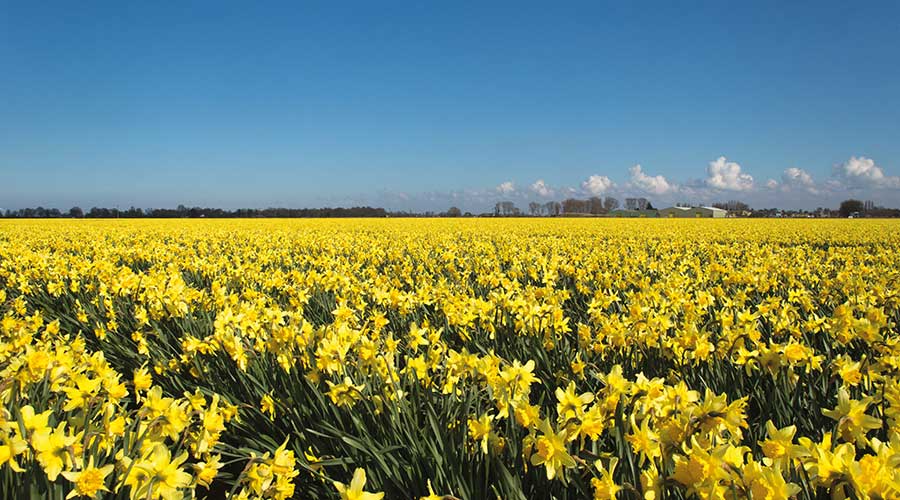Opinion: AHDB ballot shows the need for unity, not division
 © Tim Scriivener
© Tim Scriivener As I write, the fate of the H in AHDB sits with the government after a majority of levy-payers voted for the organisation’s horticultural function to be wound up.
A similar poll, on the survival of AHDB potatoes, has now been brought by the same campaigners who triggered the horticultural poll. It is hard to call what will happen next, but we could look back wondering why we posed questions with such far-reaching consequences in such an extraordinarily difficult time for growers.
See also: Horticulture sector votes to scrap AHDB levy
We seem to be living through a time of revolution. Maybe this is buccaneering Brexit Britain. All decisions get settled in a gladiatorial, “losers weepers” way where we throw away the baby and get left with just bath water. I must be getting old; I don’t like radical change like this. I didn’t own a Che Guevara T-shirt when I was young and experience has only made me more cautious.
In commodity crops, I see a coherent case for a statutory, national levy to develop knowledge, bring co-ordination to the market, and drive efficiency and international competitiveness. I would argue that even in potatoes, an industry increasingly dominated by a small number of growers and customers, the AHDB delivers value and earns its keep.
I’m not going to claim that it does that for every sector in horticulture. The AHDB has under-served a lot of horticultural growers. If the government agrees to grant a stay of execution, the organisation needs to drop the pseudo-science, decentralise and understand the market better.
I pay about £10,000 a year into AHDB Horticulture and currently it feels like a donation rather than an investment. I get no sense of feeling like an AHDB client or customer – we never receive personal contact or have relevant services offered to us. The ornamental crop trials the AHDB finances are almost always behind the work we are already doing commercially and feel self-indulgent.
Despite this, I voted for AHDB Horticulture to continue. I don’t have Stockholm syndrome – I believe that there can be value in co-ordinating our strategy on horticultural production in the UK. I also believe that, in a sector dominated by a shrinking number of powerful retail customers, input suppliers and plant breeders, the need for growers to have credible and independent information of their own is very important.
There is a Brexit-fuelled bravado to these free-trade campaigns from the AHDB revolutionaries and the Red Tractor dissenters, and they are popular. But I fear that ultimately they will weaken rather than strengthen our industry. I follow the logic of the free-trade argument, but I don’t want to live in the “every man for himself” world that it would lead to.
A brush to sweep away cost and bureaucracy is likely to also remove humanity, knowledge, fellowship and goodwill with it. Capitalism already has a deeply unpleasant habit of driving wealth and power into an ever reducing number of hands. We are being told that an unregulated world benefits the most efficient or the most forward-thinking farmers. It doesn’t. Ultimately it quickens the spiral of reducing prices and quality, and favours the most selfish or corrupt operators.
We are standing at the dawn of a new national vision for trade, food, farming and the environment. The farming industry should look to unite, not divide, as we navigate our way across an exciting, but perilous terrain.
